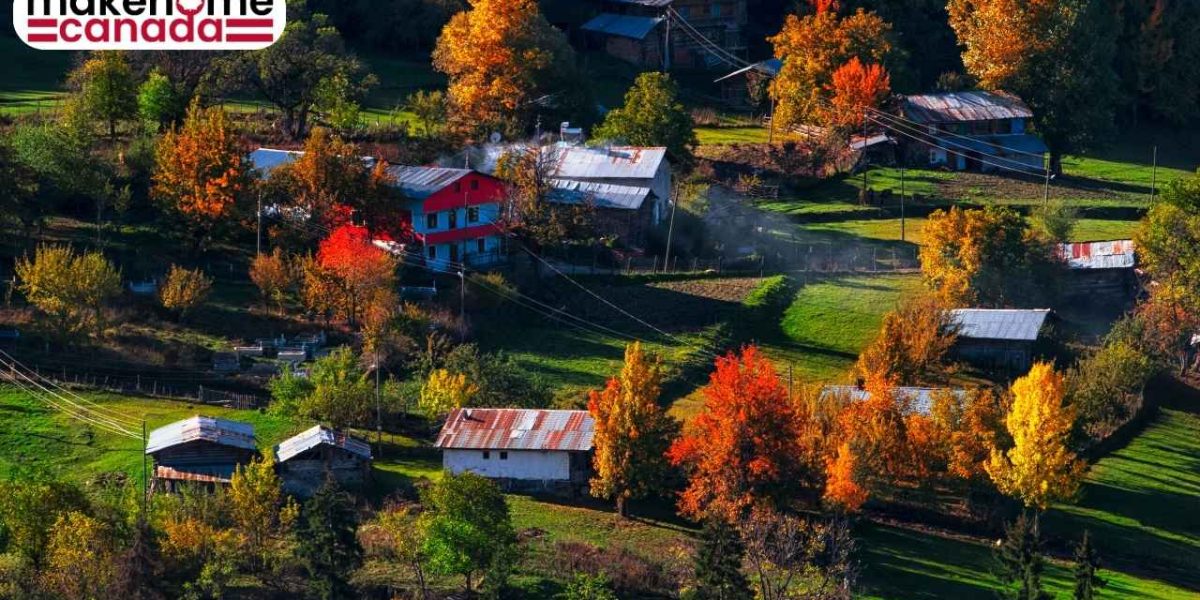According to IRCC’s latest announcement, rural and French-minority communities will get two new immigration pilots. The two pilots will be separate for each community. Meanwhile, the Rural Northern Immigration Pilot will now transform into a permanent program.
Rural and French-minority communities to get two immigration pilots
Additionally, at a recent press conference, the immigration minister talked at length about the significance of rural and Francophone communities throughout Canada. Notably, provincial immigration plays a major role in establishing a robust economy. This is because it links businesses and employers in remote areas with talented and skilled immigrants essential for their growth.
Accordingly, the immigration department justifies the decision to launch these two separate pilots as an effort to welcome and retain skilled immigrants in both communities. The Francophone and rural communities contribute significantly to the economy.
These two new pilot programs are looking forward to being introduced in October this year. IRCC has revealed that the application process for communities concerning both pilot programs will begin this spring. In addition, it will allow certain communities to participate.
The immigration department has assured everyone that it will update the details of the two new programs in the upcoming months.
Rural Community Immigration Pilot
According to IRCC, this Pilot program is a method to ensure that rural communities keep accessing programs that face labor shortages and assist local businesses in getting the right workers. IRCC has only revealed that this pilot will allow new immigrants to look forward to acquiring Canadian permanent residence. This objective is quite similar to the RNIP.
In addition, just like the RNIP, the IRCC confirms that this pilot is there to assist new immigrants who are fit to combat the existing labor market gaps. It aims to bring those immigrants who are willing to settle in smaller communities in the long term.
Rural and Northern Immigration Pilot
The new program discussed above is a way to replace the RNIP since pilot programs can continue for up to five years only. After its launch, the Rural and Northern Immigration Pilot has enabled eleven varied communities in five Canadian provinces. These include British Columbia, Saskatchewan, Alberta, Manitoba, and Ontario. The idea is to welcome new immigrants who intend to reside in these communities and assist the provinces in combating their labor and demographic requirements.
Canadian immigration via RNIP implies that candidates must fulfill different eligibility requirements for personal and work experience purposes. They must also obtain a community recommendation through a designated community economic development organization.
Among the RNIP’s eligibility requirements, candidates must fulfill any one of the two sets of federal eligibility requirements:
- Possessing a recommendation from any of the designated communities.
- Demonstrating one year of valid continuous work experience in the previous three years, implying 1,560 hours.
or
- Completed graduation from a post-secondary institution that is publicly funded in the suggested community.
- Having an authentic employment offer to acquire work in one designated community.
- Fulfilling the language criteria essential for NOC skill type or job level.
- Holding sufficient funds to be self-reliant and assist their family in the community.
- Having the objective to reside in the community.
RNIP’s eligibility also demands the candidates fulfill the requirements concerning their education, hold a job offer, have French or English skills, etc.
Francophone Community Immigration Pilot
IRCC’s new pilot program for French-minority communities intends to assist the federal government in increasing the number of French-speaking new immigrants outside Quebec. This will further assist in the economic development of Francophone minority communities to retain and enhance their demographic needs.
The new Francophone-based immigration pilot is a recent instance emphasizing Francophone immigration across Canada. Along with different measures, this commitment is prominent in targeting skilled immigrants with stronger French language abilities moving to Canada using the Express Entry category-based draws.
At the beginning of 2024, the immigration department organized two draws for candidates with French proficiency. Both the draws had sent 9,500 ITAs, while IRCC sent only 3,650 ITAs for two other categories.
If you seek information on how to begin your Canada immigration application process, you can talk to our MakeHomeCanada experts at 1-800-979-0509, or you can drop us an email at [email protected].




